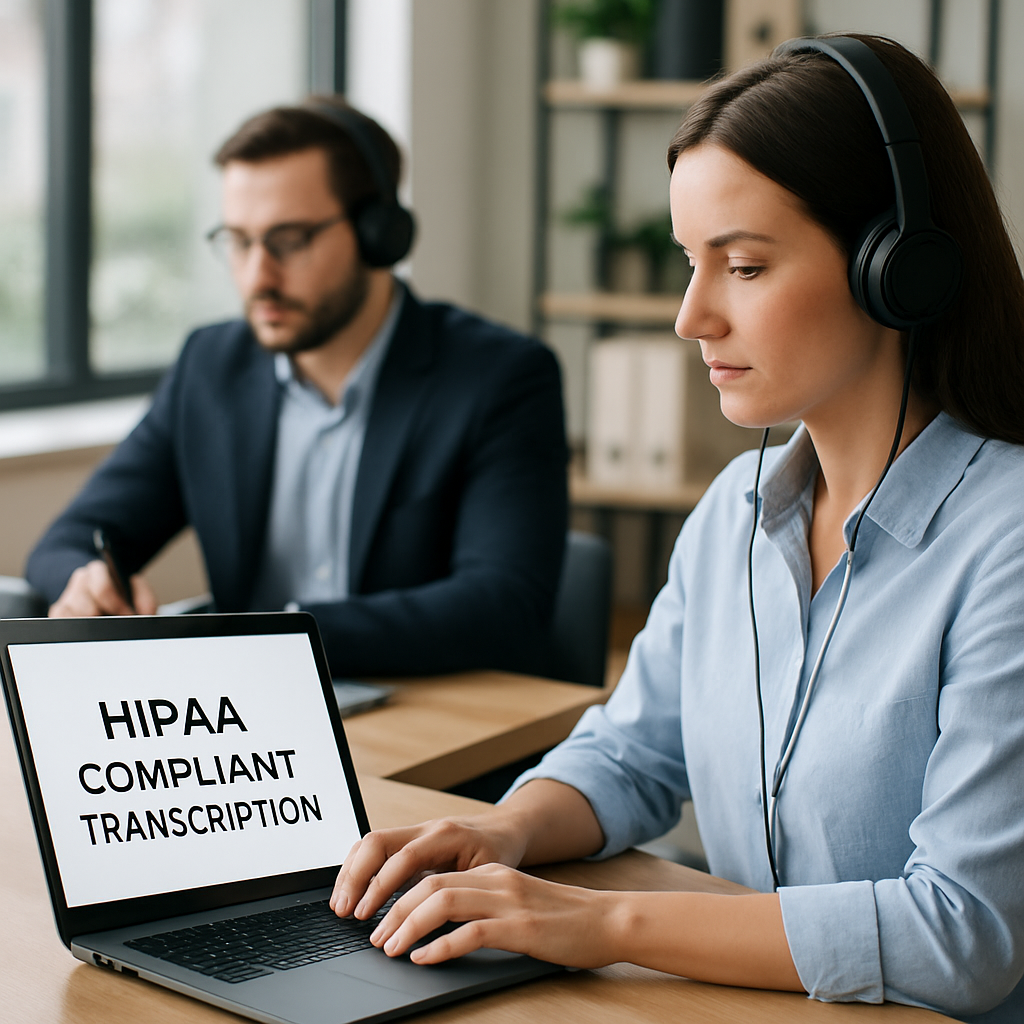
Understanding HIPAA Compliant Transcription: A Comprehensive Guide for Medical Transcription Professionals
Understanding HIPAA Compliant Transcription: A Complete Overview
HIPAA compliant transcription plays a vital role in the medical transcription industry, ensuring sensitive patient information remains secure. Let's delve into the importance and intricacies of HIPAA compliance in transcription services.
The Significance of HIPAA Compliance
In the realm of medical transcription, HIPAA compliance is non-negotiable. It safeguards patient data, maintains confidentiality, and upholds the integrity of healthcare information.
Benefits of HIPAA Compliant Transcription
1. Enhanced Accuracy: HIPAA compliant transcription practices promote precise documentation and reduce the risk of errors.
2. Time-saving: Integrated tools streamline transcription processes, saving valuable time for professionals.
3. Ensuring Compliance: Adhering to HIPAA guidelines shields healthcare providers from legal ramifications and increases patient trust.
Tools and Best Practices
Medical transcriptionists can leverage cutting-edge tools to enhance their workflow. Some popular options include voice recognition software, secure transcription platforms, and AI-assisted proofreading.
Comparison with Non-Compliant Transcription
Contrasting HIPAA compliant transcription with non-compliant practices highlights the stark contrast in security measures, data protection, and overall quality of service.
Internal Linking for Enhanced Understanding
Explore related topics such as medical transcription software and HIPAA guidelines to deepen your knowledge in this domain.
Frequently Asked Questions about HIPAA Compliant Transcription
- Q: What does HIPAA compliance entail in transcription services?
A: HIPAA compliance in transcription involves... - Q: How can professionals ensure secure transmission of transcribed data?
A: Secure transmission methods include... - Q: What are the consequences of non-compliance with HIPAA regulations?
A: Non-compliance can lead to... - Q: Are there specific transcription tools that prioritize HIPAA compliance?
A: Yes, tools such as... - Q: How does HIPAA compliance benefit patients and healthcare providers?
A: Benefits include...
Conclusion
In conclusion, HIPAA compliant transcription is not just a requirement but a cornerstone of quality healthcare documentation. By embracing HIPAA guidelines, medical transcription professionals can elevate accuracy, ensure compliance, and ultimately enhance patient care.
Try it for Free